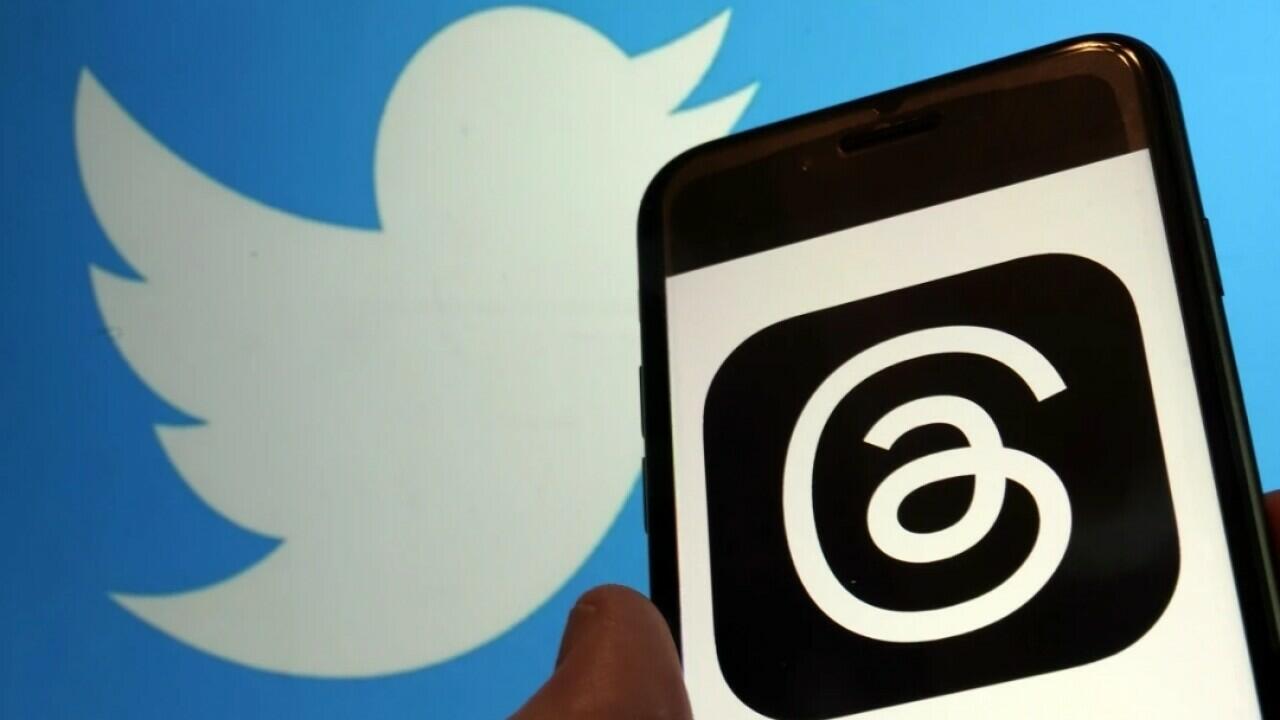Mark Zuckerberg, the owner of Facebook Meta, announced the launch of their new app called “Threads,” aiming to provide an open and friendly public space for conversation to over 1 billion users. However, the app’s unveiling was met with swift opposition as Twitter threatened legal action against Zuckerberg and Meta, issuing a cease and desist letter over the new social media platform.
Elon Musk, renowned entrepreneur and CEO of Tesla and SpaceX, also joined the fray, threatening to sue Meta over their so-called “Twitter killer,” Threads. Musk believes that the text-based app closely resembles Twitter and may infringe upon intellectual property rights.
One of Twitter’s accusations against Meta is that the company has allegedly hired numerous former Twitter employees who still possess access to valuable trade secrets. According to attorney Alex Spiro, Meta deliberately assigned these individuals to develop Threads with the intention of leveraging Twitter’s intellectual property.
Former Twitter CEO Jack Dorsey raised concerns about Meta’s data collection practices. He pointed out that Facebook-Threads was already harvesting user data, a worrying development given the app’s recent launch.
Zero Hedge, a prominent financial news website, reported that Threads was already engaged in censoring undesirable voices. The fact that Meta is owned by Mark Zuckerberg, who has faced criticism for his platforms’ content moderation policies in the past, only intensified concerns. Journalist Michael Shellenberger also highlighted the app’s secretive censorship practices, denying users the right to appeal.
Many critics argue that Meta’s increasing dominance is a cause for concern. With a single company controlling what a significant portion of the public sees, the potential for biased censorship becomes evident. Industry insiders predict that if Threads succeeds, Meta will possess a staggering 80% of the global market share, excluding Russia and China. Given this concentration of power, it is reasonable to assume that Meta will align its censorship practices with the desires of large news media corporations, corporate advertisers, and their celebrity endorsers.
Furthermore, unlike Twitter, Threads collects data not only about users’ health and fitness but also their financial information, sensitive data, and “other data.” The vague categorization of “other data” raises questions about the extent of information Meta intends to gather and utilize.
In light of these concerns and the history of Facebook’s impact on conservative websites, investing in Zuckerberg’s latest venture seems dubious. Critics argue that it is only a matter of time before Threads replicates Facebook’s strategy and eliminates substantial traffic to top conservative websites, effectively stifling diverse viewpoints.
The launch of Meta’s Threads may have promised an open and friendly public space for conversation, but the controversy surrounding the app raises significant doubts about its true intentions. With accusations of intellectual property theft, censorship, and data collection, Meta’s latest endeavor is already stirring up considerable debate.

